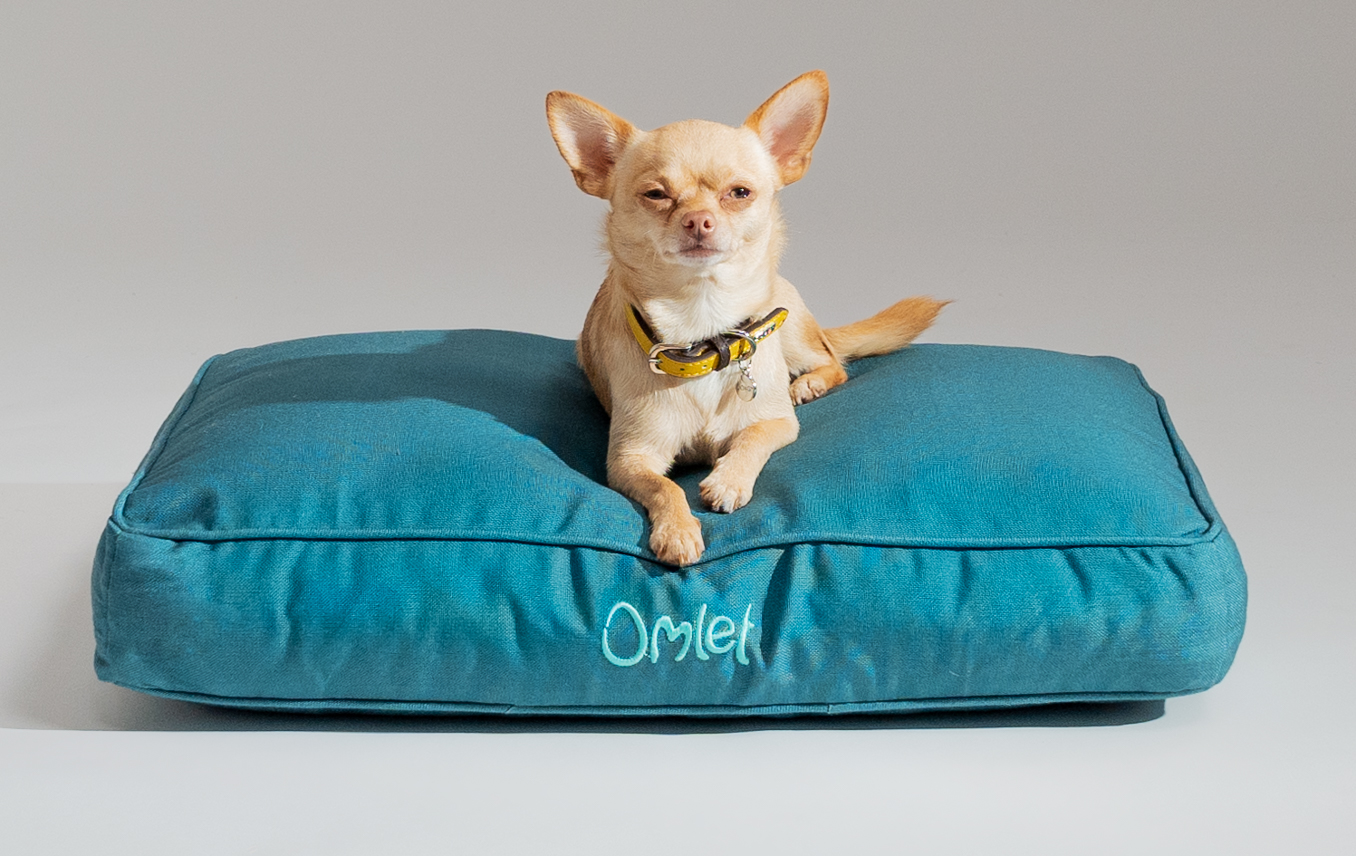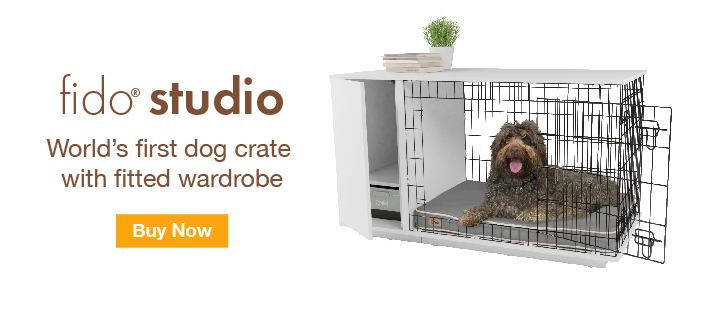
Omlet’s Cushion Dog Bed is a firm favourite amongst toy and large breeds alike.
Small definitely does not mean timid. In fact, some of the feistiest breeds are the littlest ones, so they require plenty of training and socialising (with people and other dogs alike) to help them learn good behaviour. This guide will teach you all you need to know about toy dog breeds so you can decide if they’re the right fit for you.
The history of toy dog breeds
The toy dog group is formed of smaller dog breeds which have been bred as companions - although few have come from originally working ancestors. Their ancestry can be traced back to 12,000 in the Middle East, where tiny dog breeds were first domesticated. They were bred to be companions to the aristocracy and some religious orders around the world, but are now one of the most popular types of household pets.
What is a toy dog breed?
A toy dog breed is one that often resembles the size of a toy stuffed animal, and typically weighs less than 10 lbs.
Toy dogs have a tendency to become very attached to one person, especially if that person tends to carry them around a lot. This is why they’re sometimes called lap dogs. Try to socialise them with as many other people and dogs as possible to avoid them becoming over-reliant on you.
Another thing to bear in mind with toy dogs is that they can be very noisy, which can make you very unpopular with the neighbours. Having said that, for someone living in a small apartment, a toy breed is an obvious choice, space-wise.
Training toy dog breeds
Despite their size, toy dog breeds still require dog training and regular canine exercise. They’re just as capable of learning and socialising as larger dogs. Taking your dog for walks using a designer dog collar and dog lead is a great way to exercise your pet in style. It’s also the perfect way to build their confidence, stimulate their mind and strengthen their relationships with you, other dogs and other people.
Popular toy dog breeds
Popular toy dog breeds include the Maltese, bichon frise, shih tzu, Chihuahua, pug, miniature poodle and Yorkshire terrier.
Toy dogs that don’t shed their coats
Many toy dog breeds are hypoallergenic, so are ideal if you love dogs, yet suffer from allergy-like symptoms when you’re around them. It’s good to know that no dog is completely 100% hypoallergenic, but certain breeds might be a better fit for allergy sufferers than others.
If you’re looking for a dog breed which doesn’t shed its coat, these are the best choices: bichon frise, Cairn terrier, Chinese crested, coton de Tulear, wire-haired fox terrier, Havanese, Maltese, toy poodle, shih tzu and Yorkshire terrier.
Are toy dogs good with children?
Toy dogs can be short-tempered and a little unpredictable if they haven’t been properly socialised with other people. An untrained small dog might see a child as a rival and try to assert itself through snapping. It’s important that your dog becomes comfortable around children early on to ensure no boundaries are crossed.
Toy dog breeds tend to be better with adults and families with older children. A placid larger breed is better if you have young kids who want to fuss and play with the dog all the time - good choices include the Labrador retriever or an Old English sheepdog.
Caring for your dog with Omlet
Omlet has products for all dogs, regardless of their size. From comfy dog beds to dog crates and fun, interactive dog toys, Omlet’s range of dog products is inclusive to dogs of all sizes and has been designed to bring you closer to your pets every day.



Comments
There are no comments just yet